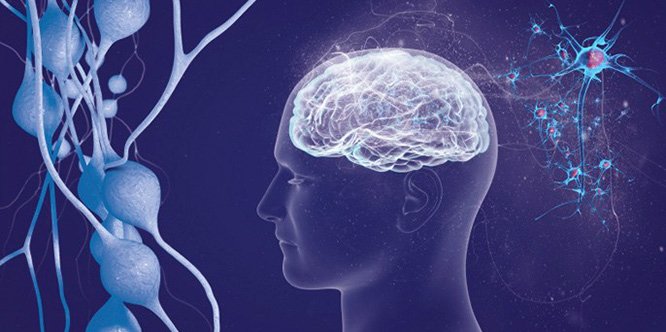
Overview
What is MS?
Multiple Sclerosis (MS) is a chronic and progressive neurologic disease that affects central nervous system (brain and spinal cord). The malfunctioning immune system cells target the central nervous system and first start to attack the white matter. Nerve fibers are covered with a protective sheath, called myelin that facilitates the transmission of messages. In case of MS diseases, immune system damages the myelin layer. As a result, transmission of message slows down or totally lost in nerve fibers.
MS is a progressive condition and it can cause disabilities as the findings manifest themselves one by one in time. The condition is the second most common cause of disability for young adults, following trauma. Therefore, diagnosing the disease and planning the follow-up and treatment in a timely manner are critical.
What is “MS plaque”?
Damaged formations called “plaque” are observed in MS patients due to the disease in brain and spinal cord. Those plaques are visualized in magnetic resonance images (MRI) of brain and spinal cord.
Who are at risk for MS disease?
MS generally develops at 20 to 40 years of age. The disease is more common in women comparing to men. It is more common in white race. Geographically, incidence of disease increases as getting away from equator.
Why does MS occur?
Although there are many different theories in this issue, the reason of MS is not clearly known yet. It is considered that some viral infections lead to development of this disease in predisposed individuals. MS cannot be categorized as a genetic disorder; however, some predisposition genes have been discovered. MS is not a contagious disease.
What are symptoms of MS?
The function of the damaged part in brain and spinal cord is affected.
- Double vision
- Loss of vision
- Numbness, prickling or tingling in body
- Numbness or tiredness
- Difficulty walking, balance disorder
- Dizziness
- Speech impairment
- Voiding problems
- Lightening-like recurrent facial pain
How is MS diagnosed?
Symptoms of MS are similar to those observed in many neurologic diseases. Thus, MS should be diagnosed by a neurologist, preferably who is experienced in MS. MS cannot be diagnosed with a single test. A detailed anamnesis (history of disease) and neurologic examination findings are the most important pathfinders. There are many diseases that mimick MS. Therefore, absence of these diseases should be verified with appropriate workup at early stages of disease. To investigate MS lesions, magnetic resonance imaging (MRI) of brain and spinal cord is scanned while cerebrospinal fluid is analyzed to evaluate abnormal immune markers and to confirm the diagnosis.
How about the course of MS?
Course of MS can vary amongst the patients and it cannot be foreseen. However, there are three main forms:
- Relapsing-remitting MS: Most of the patients (85%) are diagnosed with this type. Findings persist for a definite time (attack); then, they partially or completely disappear.
- Primary-Progressive MS: Instead of attacks, findings worsen without any recovery or they progress.
- Secondary-Progressive MS: Relapsing-remitting MS transforms to progressive MS in time. It is not certain which patients will have this MS type and when. However, this diagnosis is made if the complaints worsen for at least six months after the initial diagnosis, regardless of these episodes.
How is MS treated?
Treatment of MS consists of therapies that change the course of disease and focus on findings. Treatment lasts for a long time and requires regular follow-up by a neurologist. As MS shows inter-patient differences regarding symptoms, findings and progression, a personalized treatment is planned.







